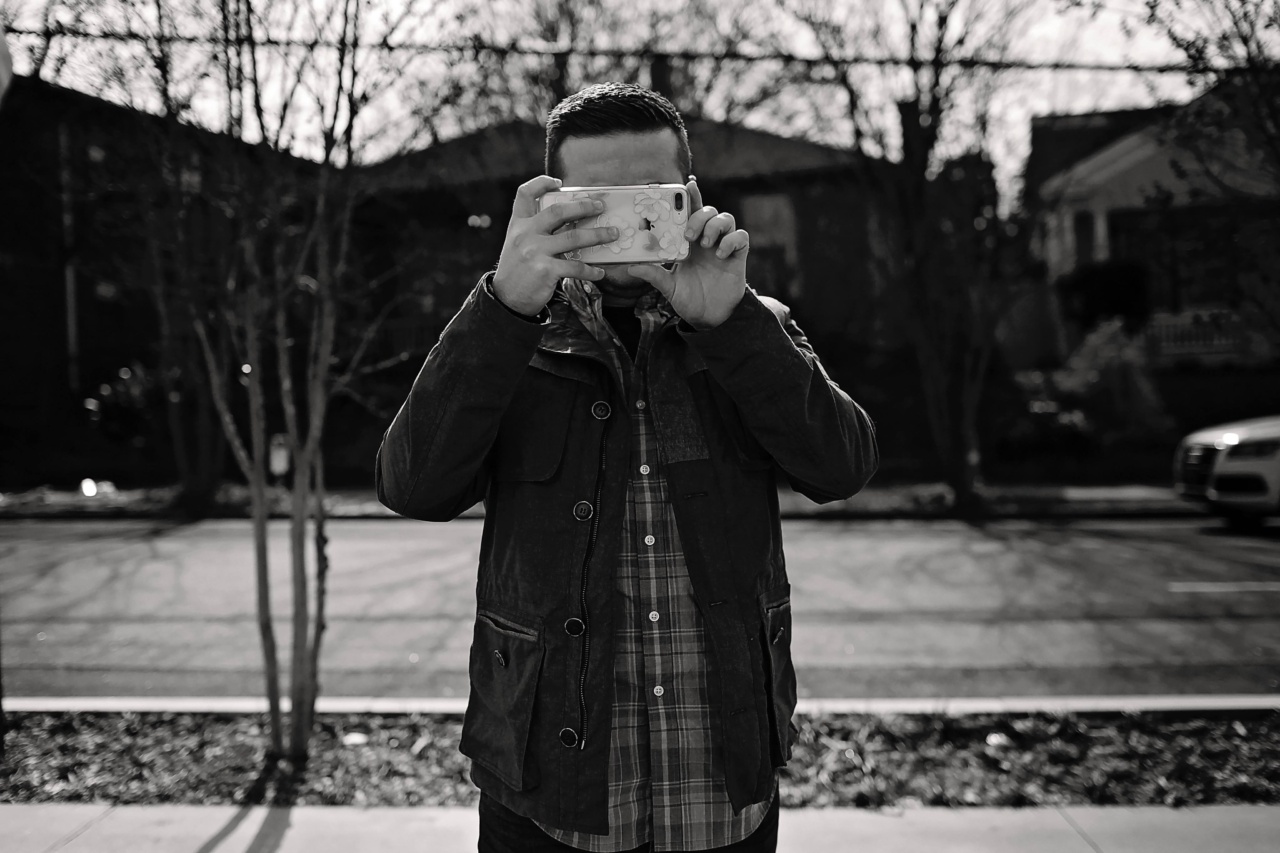When was the last time you took a vacation? How did you feel during and after your time off? Many people underestimate the impact that vacations can have on their overall well-being.
Taking time away from the daily grind and immersing oneself in a new environment can be extremely beneficial for mental, emotional, and physical health. In this article, we will explore the connection between vacation and well-being, highlighting the various ways in which vacations can enhance our quality of life.
1. Stress Reduction
One of the primary benefits of taking a vacation is the reduction in stress levels. The demands of work, personal responsibilities, and everyday life can accumulate, leading to high levels of stress and burnout.
Vacations provide an opportunity to step away from these stressors, relax, and recharge.
2. Enhanced Mental Health
Mental health is often neglected in our fast-paced society. Vacations offer a break from the monotony and provide a chance to focus on self-care and mental well-being.
Engaging in activities that bring joy, exploring new places, and experiencing different cultures can all contribute to improved mental health.
3. Increased Productivity
Contrary to what some may believe, taking time off work and going on vacation can actually boost productivity in the long run. It allows the mind to rest, rejuvenate, and return to work with a fresh perspective.
Vacations can reignite creativity and motivation, leading to increased productivity once back in the daily routine.
4. Strengthened Relationships
Vacations provide an opportunity to spend quality time with loved ones, strengthening relationships and creating lasting memories together. Shared experiences during vacations can enhance bonds, foster communication, and create a sense of belonging.
5. Physical Health Benefits
Physical health can greatly benefit from vacations as well. Engaging in activities such as hiking, swimming, or simply exploring new places on foot can increase physical activity levels and improve cardiovascular health.
Additionally, vacations often provide an opportunity to indulge in healthy food options and practice mindful eating.
6. Perspective Shift
Vacations allow individuals to step out of their comfort zones and experience new cultures, landscapes, and perspectives. This exposure to new environments broadens horizons and promotes personal growth.
It challenges individuals to step away from their daily routines and consider different ways of living and thinking.
7. Increased Happiness
It’s no surprise that vacations are often associated with feelings of happiness and joy. Breaking away from the monotony of everyday life and engaging in enjoyable activities can boost mood and overall happiness.
The anticipation of a vacation and the memories created during the trip contribute to increased well-being.
8. Stress Resilience
Taking regular vacations can help build resilience to stress. By consistently incorporating time off into the routine, individuals can establish a healthier work-life balance and develop better coping mechanisms for stress.
Vacations act as a buffer against burnout and enable individuals to bounce back more easily when faced with challenging situations.
9. Quality Sleep
Vacations often provide an opportunity to catch up on much-needed sleep. Disconnecting from work and everyday responsibilities allows the body and mind to relax, resulting in better sleep quality.
Sufficient rest during vacations can have long-lasting positive effects on overall well-being and energy levels.
10. Exploration and Adventure
Finally, vacations provide the perfect opportunity for exploration and adventure. Trying new activities, visiting new destinations, and challenging oneself to step outside of the comfort zone can be exhilarating and invigorating.
These experiences not only create wonderful memories but also cultivate a sense of fulfillment and personal growth.































